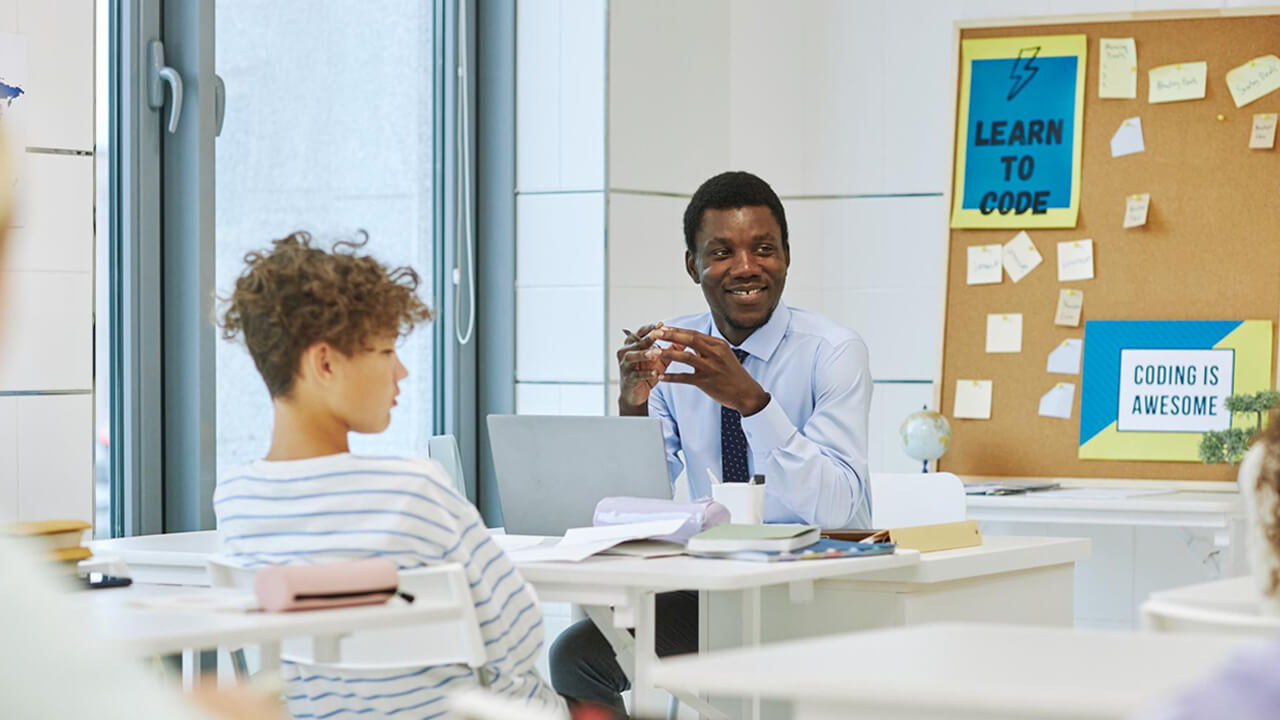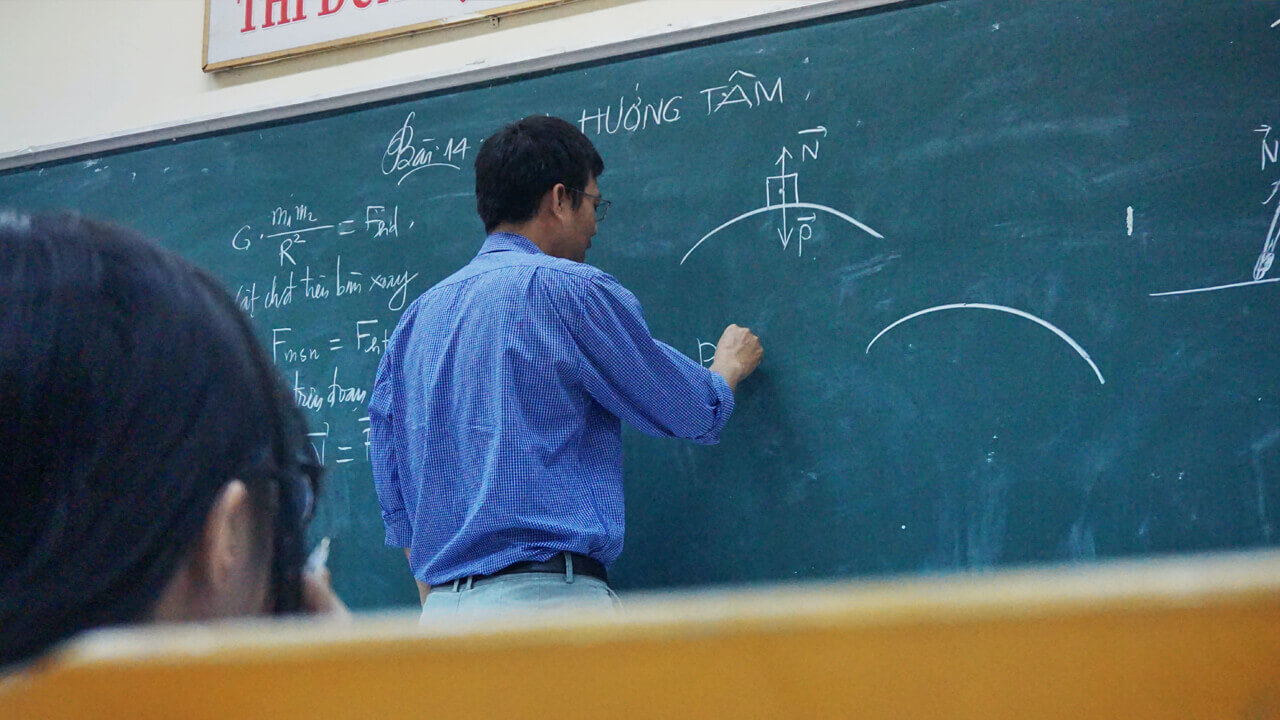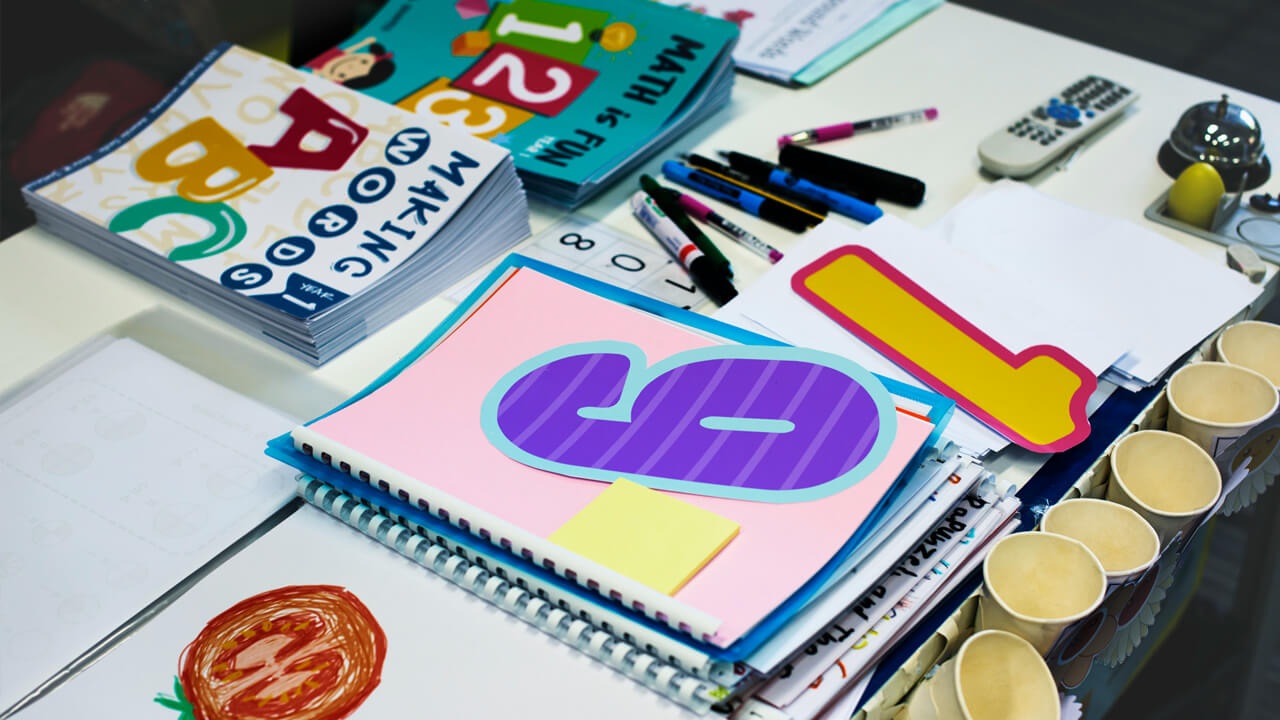Currently Empty: 0.00৳
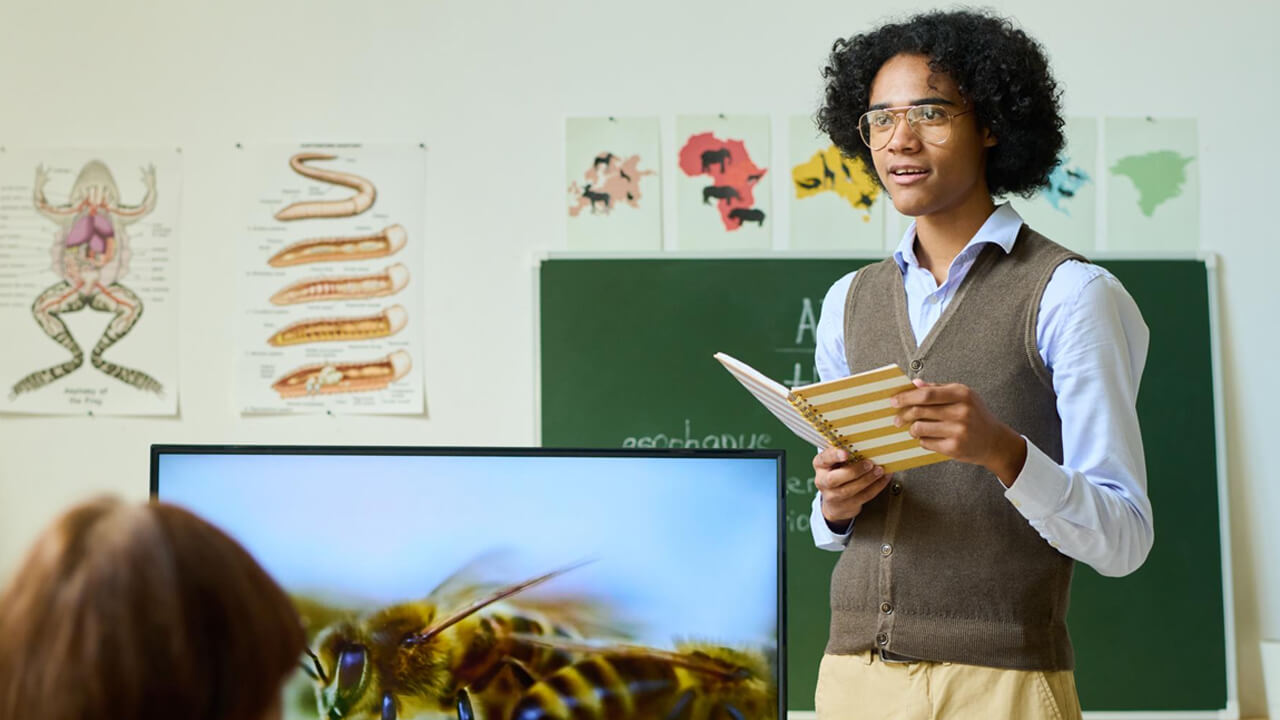
learntosuccess
- January 9, 2024
- Comment 0
Education is a powerful tool that shapes not only individual futures but also societies and economies. It goes beyond acquiring knowledge; it fosters critical thinking, creativity, and problem-solving skills that are essential for personal and professional growth. Education empowers people by providing them with the skills to navigate the complexities of life, make informed decisions, and contribute positively to their communities. Furthermore, it is a key driver of economic development, as it equips the workforce with the skills needed for innovation and progress.
Education is the passport to the future, for tomorrow belongs to those who prepare for it today.
― Malcolm X
However, the benefits of education extend beyond academic knowledge. It helps build emotional intelligence, fosters empathy, and promotes understanding across diverse cultures and perspectives. Education is also crucial in cultivating a growth mindset, encouraging lifelong learning, and adapting to ever-changing global dynamics. To maximize these benefits, individuals must actively engage in their education, seek continuous learning opportunities, and apply what they learn in real-world situations. Here are ten essential things everyone must know about education:
- Education is a lifelong process, not limited to formal schooling.
- It enhances critical thinking and problem-solving abilities.
- Education promotes social and cultural understanding.
- It is a key factor in personal and professional growth.
- It contributes to economic development and innovation.
- Education builds confidence and self-awareness.
- It encourages a growth mindset and adaptability.
- It fosters emotional intelligence and empathy.
- Education is essential for informed decision-making.
- It opens doors to opportunities and new perspectives.

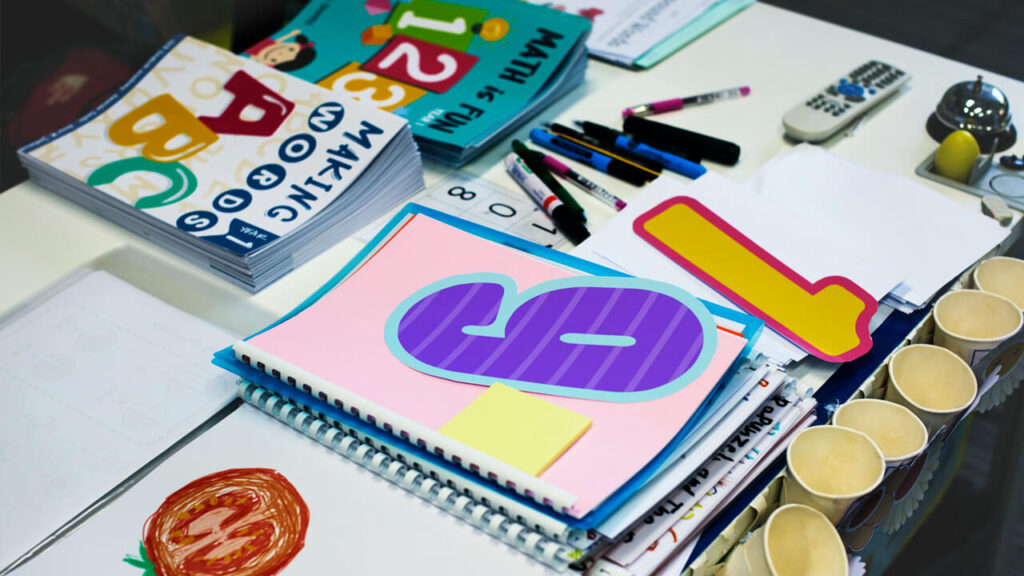
Why is education considered a lifelong process?
Education is considered a lifelong process because learning does not stop after formal schooling. It involves continuous personal and professional development, adapting to new challenges, and staying updated with the latest knowledge and skills to thrive in an ever-changing world.
How does education contribute to economic development?
Education contributes to economic development by equipping the workforce with the skills needed for innovation, productivity, and growth. It creates a more skilled and knowledgeable population, leading to better job opportunities, higher income levels, and overall economic progress for societies.


